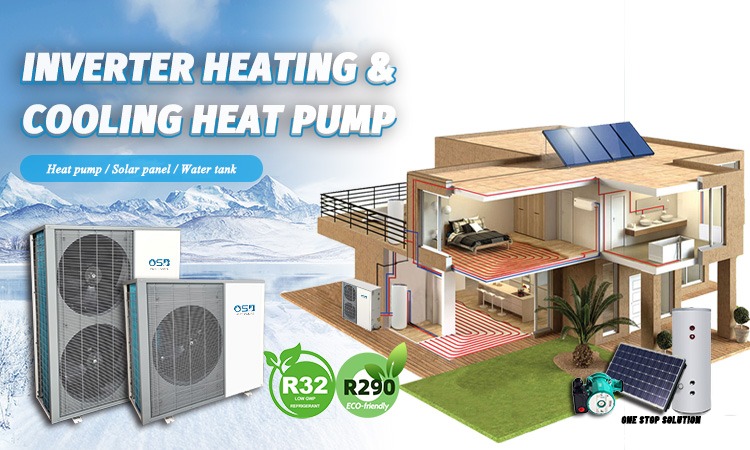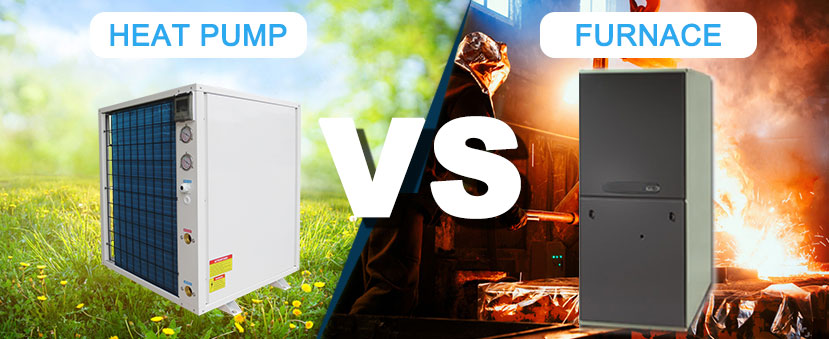Heat Pump Maintenance and Servicing: Secrets to Prolong Life and Boost Efficiency
In modern households, heat pumps, including various types such as air source heat pumps, mini split heat pumps, geothermal (or ground source) heat pumps, have emerged as highly efficient and energy-saving solutions for heating and cooling. Understanding how a heat pump works, be it as a heat pump water heater, heat pump AC, or heat pump air conditioner, is crucial for appreciating the importance of regular maintenance and servicing.
I. Regular Cleaning for Smooth Airflow
The indoor and outdoor units of your heat pump system require regular cleaning to maintain optimal performance. Dust and debris can accumulate on the fan blades and heat sink of the outdoor unit, reducing heat dissipation and creating potential health hazards. Similarly, the air filter of the indoor unit, whether it's part of a heat pump AC unit or a heat pump air handler, should be cleaned monthly to ensure unhindered airflow and prevent bacteria growth.
II. Check Refrigerant for System Stability
The cooling or heating effect of a heat pump is heavily dependent on its refrigerant levels. Regular checks by professionals ensure that the refrigerant is sufficient and the system operates at its peak. They will use specialized equipment to detect refrigerant pressure and quantity, addressing any leaks promptly to prevent system inefficiencies. Understanding the differences between a heat pump and a furnace, as well as the potential cost savings of a heat pump, can motivate homeowners to prioritize this maintenance task.
III. Electrical System Inspection for Safe Operation
The electrical system of a heat pump, including controllers, contactors, relays, and wiring, must be regularly inspected for safety and reliability. Disconnecting the power before inspections is crucial to avoid electrocution risks. Professionals may also conduct insulation testing to ensure no electrical leakage occurs, safeguarding both the heat pump system and your home.
IV. Regular Lubrication to Reduce Wear
Mechanical components like compressor bearings and transmission parts within a heat pump system need periodic lubrication to minimize wear and extend their lifespan. While DIY lubrication may seem tempting, it's best left to professionals who can accurately apply the right lubricant based on the heat pump's model and usage, avoiding over-lubrication issues.
V. Attend to the Operating Environment, Avoiding Extreme Conditions
The operating environment plays a vital role in the performance and longevity of your heat pump. Install the outdoor unit in a shaded, well-ventilated area to minimize overheating from direct sunlight. Ensure adequate space around the unit for heat dissipation and avoid blocking it with debris. In extreme temperature conditions, heat pump performance may be affected, making it crucial to consider the heat pump's applicable temperature range before purchase and maintaining a stable indoor temperature during use.
When considering heat pump options, such as a heat pump and furnace combo or a heat pump AC combo, it's essential to weigh the cost of installation and maintenance against the long-term energy savings and improved comfort they provide. Remember, a heat pump AC window unit or a heat pump air conditioner cost may vary, but regular maintenance ensures optimal performance and maximizes your investment.
In conclusion, by implementing regular maintenance practices like cleaning, refrigerant checks, electrical system inspections, and mechanical component lubrication, you can significantly prolong the life of your heat pump system and boost its energy efficiency. Keeping the operating environment in mind and understanding the various types of heat pumps available will further help you make informed decisions to keep your home comfortable and energy-efficient.

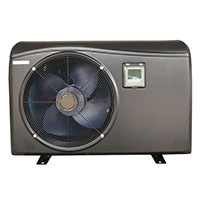 Swimming Pool Heat Pump
Swimming Pool Heat Pump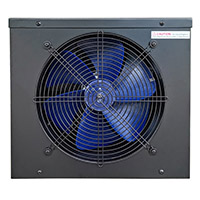 Ice Bath & Cold Plunge Chiller
Ice Bath & Cold Plunge Chiller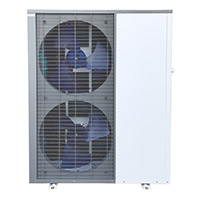 Heating & Cooling Heat Pump
Heating & Cooling Heat Pump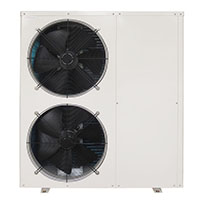 Domestic Hot Water Heat Pump
Domestic Hot Water Heat Pump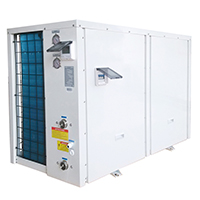 80℃ High Temperature Heat Pump
80℃ High Temperature Heat Pump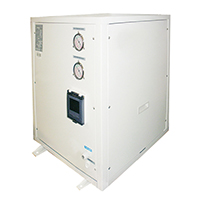 Geothermal / Water to Water Heat Pump
Geothermal / Water to Water Heat Pump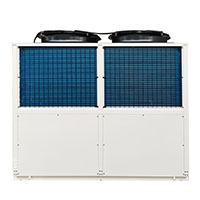 Commercial Industrial Heat Pump
Commercial Industrial Heat Pump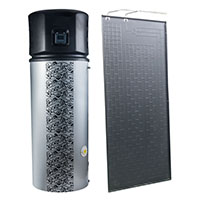 Solar Heat Pump
Solar Heat Pump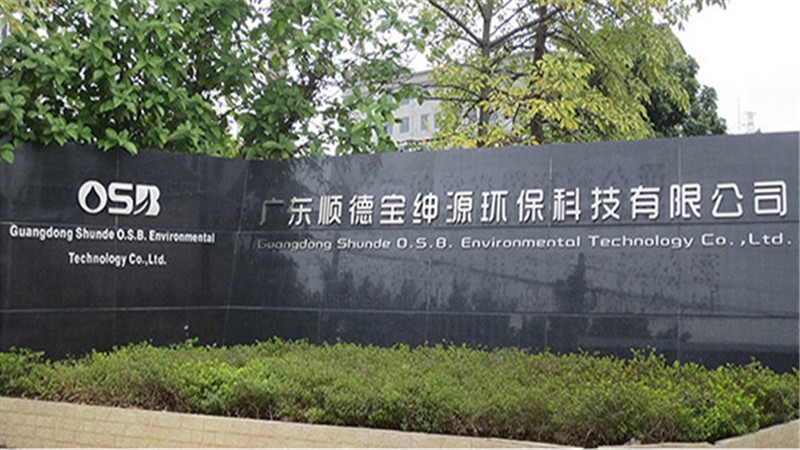 Company Profile
Company Profile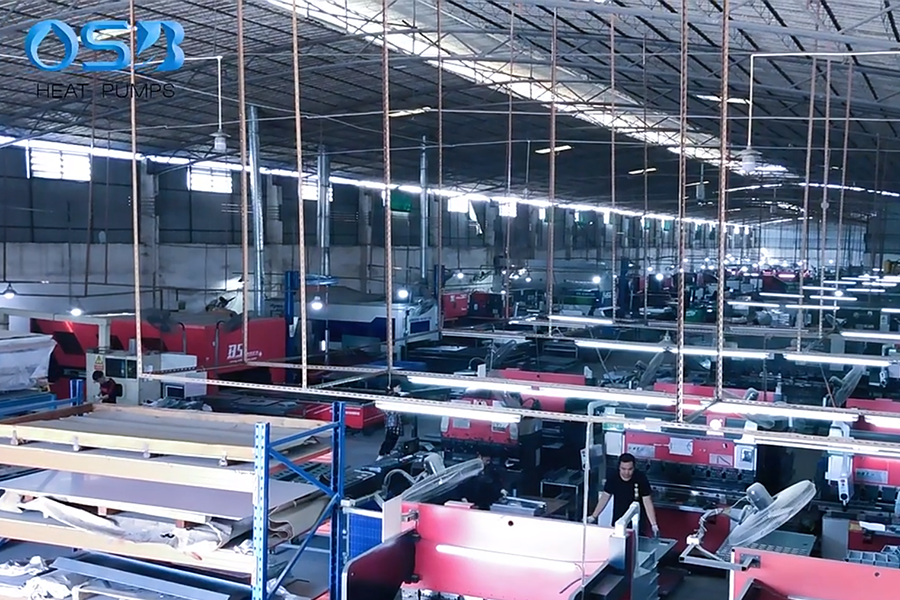 Supplier Management System
Supplier Management System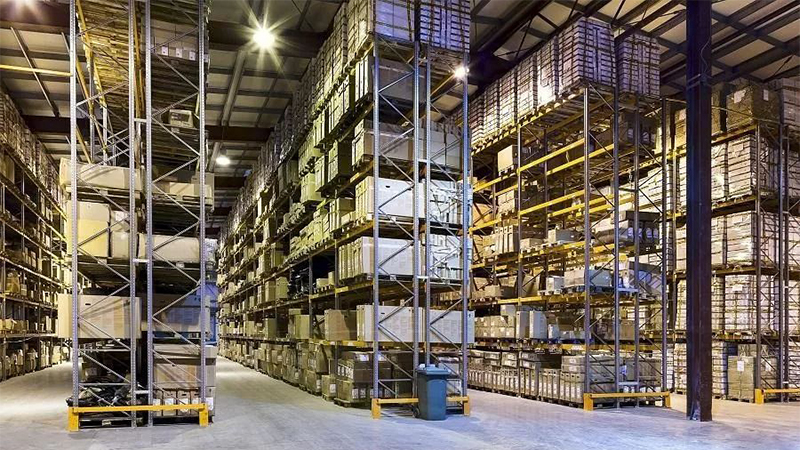 Material Management
Material Management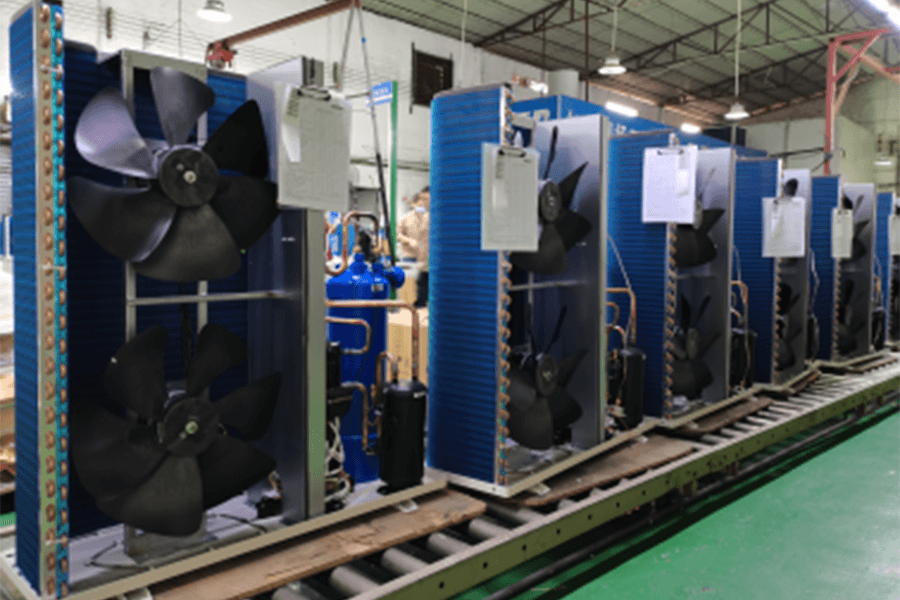 Production Process Management
Production Process Management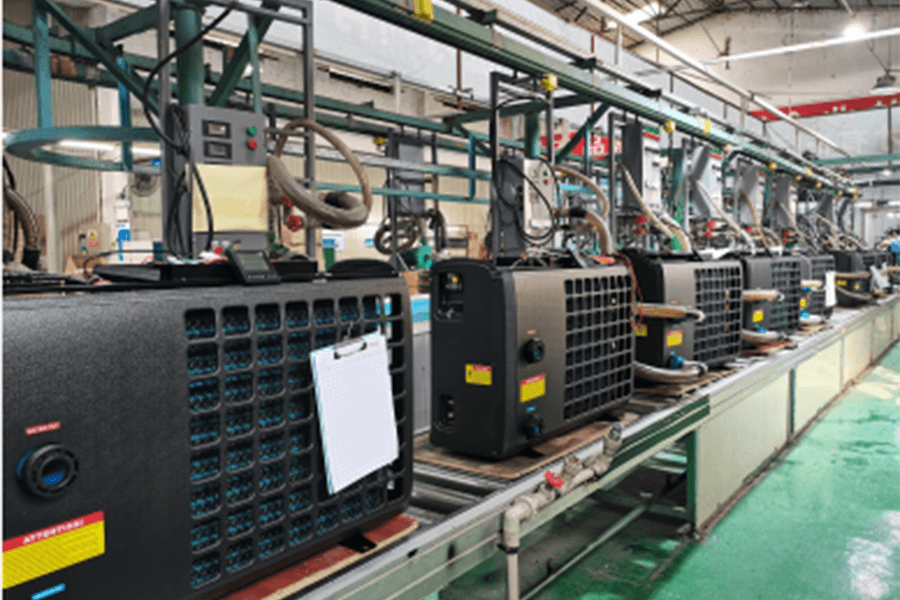 Product Inspection
Product Inspection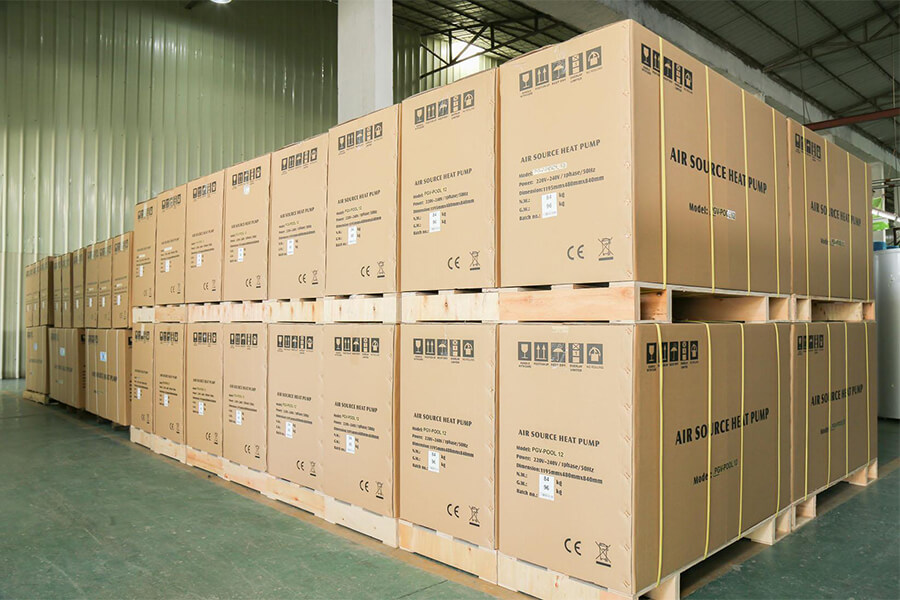 Packing & Shipping
Packing & Shipping After Sales Guarantee
After Sales Guarantee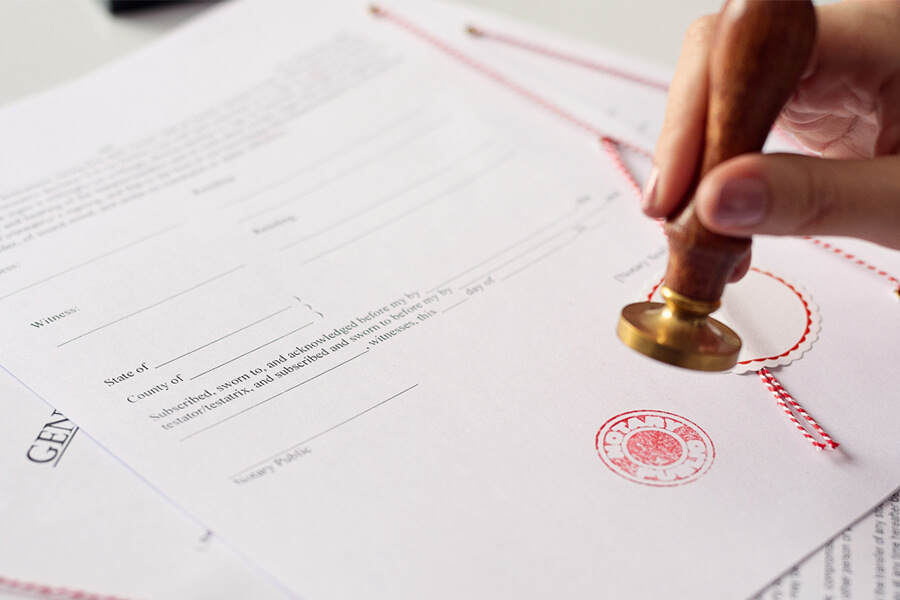 Certifications
Certifications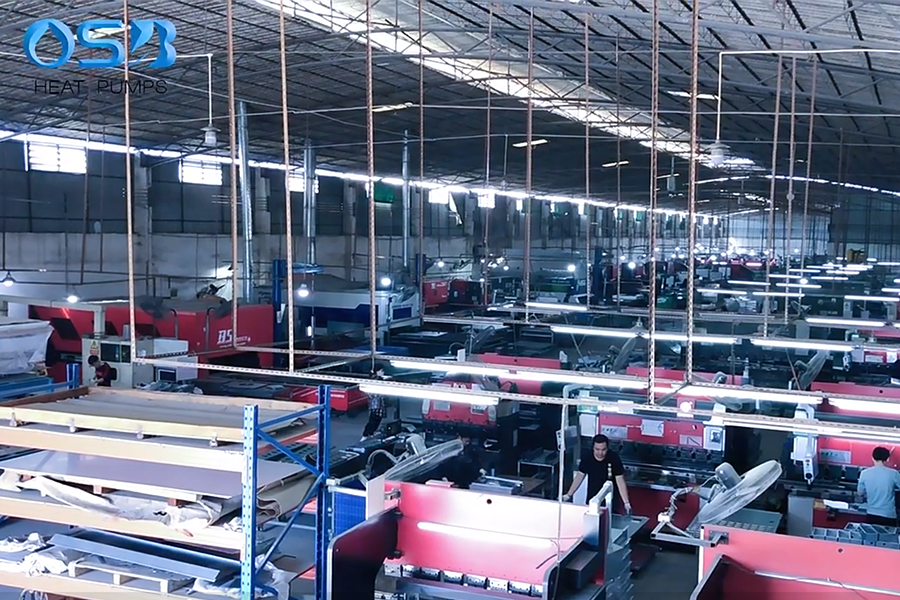 Stable Supply Chain
Stable Supply Chain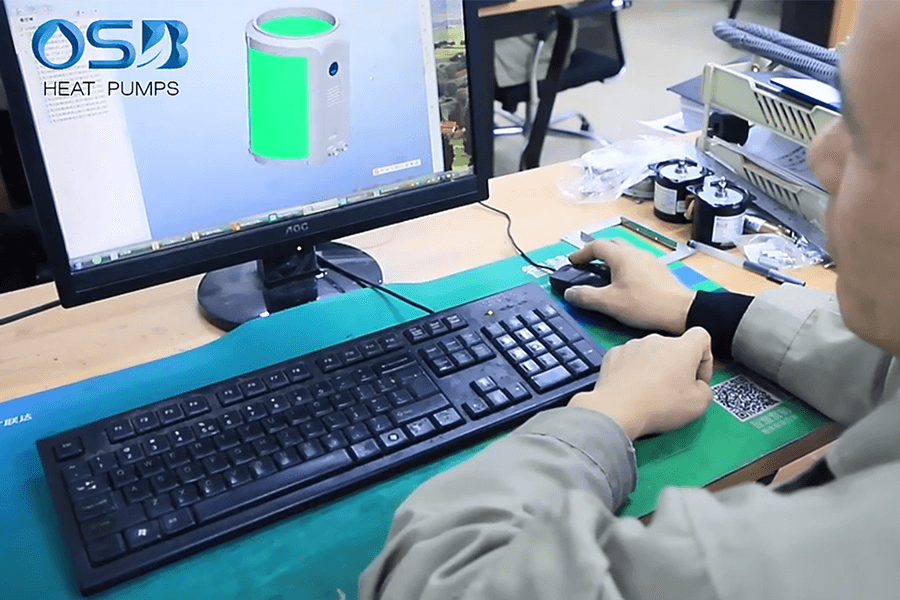 Design Capability
Design Capability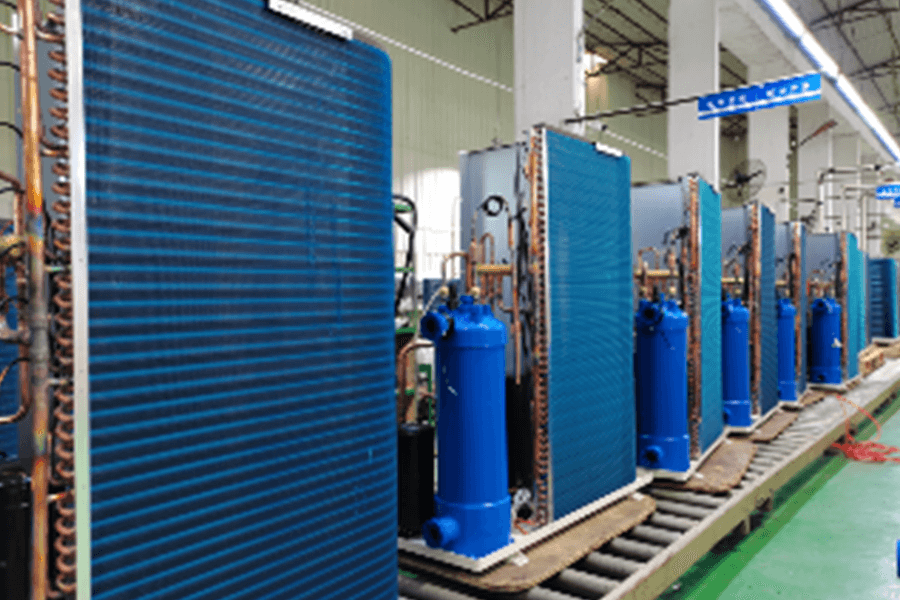 Production Efficiency
Production Efficiency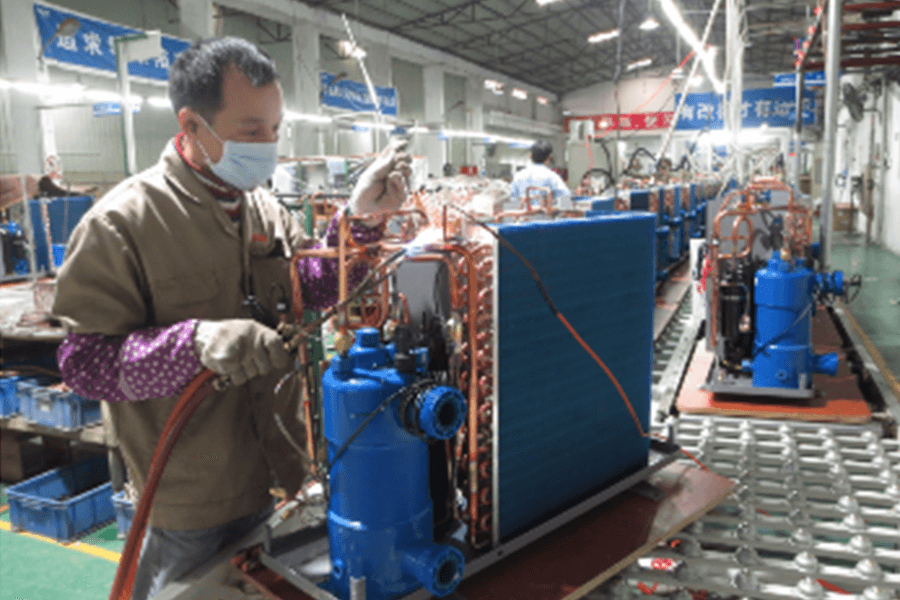 Skilled Workers and Advanced Production Process
Skilled Workers and Advanced Production Process Stable Cooperative Logistics
Stable Cooperative Logistics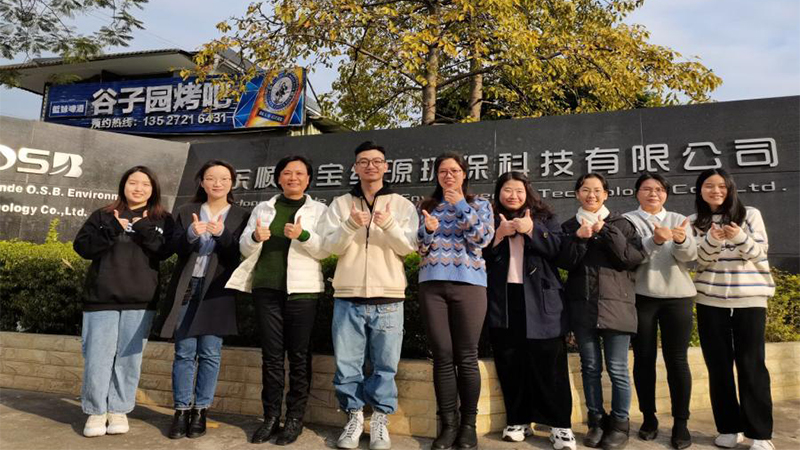 Team
Team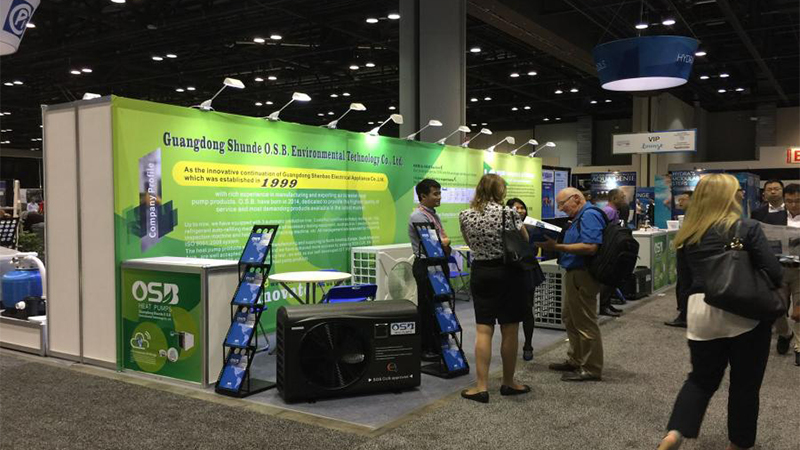 Exhibition
Exhibition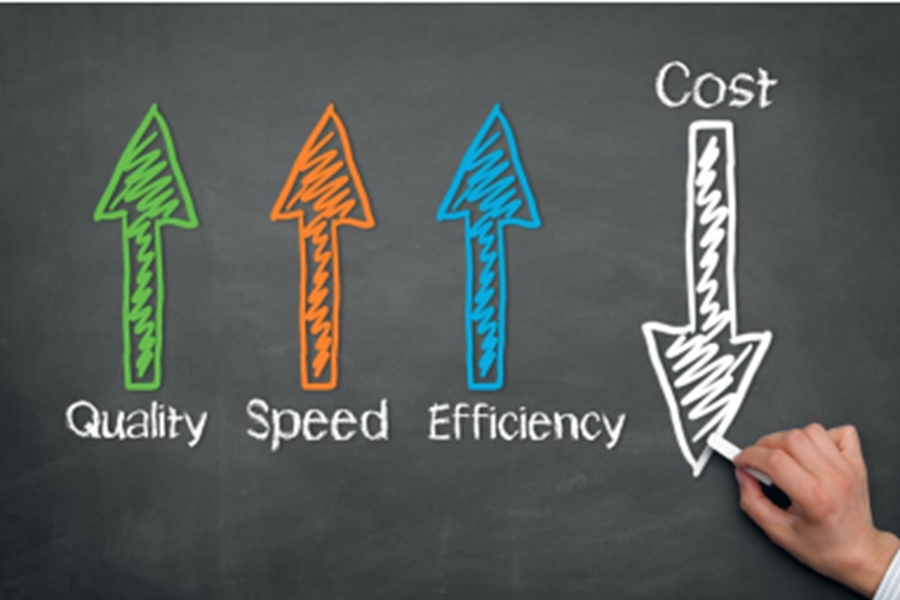 Advantages
Advantages Social Responsibility
Social Responsibility









